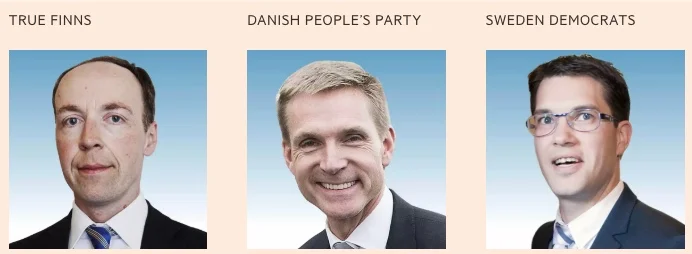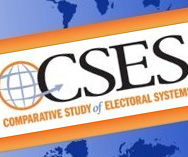The Executive Committee of the World Values Survey Association met in Boston for one day on Friday 31st August 2018 in conjunction with the APSA annual meeting. The event reviewed progress on the survey fieldwork and planned the next steps in the process of completing the 7th wave.
The WVS-7 questionnaire includes the battery of items monitoring public attitudes towards electoral integrity and confidence in elections, as well as measuring a broad range of social, economic and political values, such as support for democracy, trust in political institutions, and activism in politics.
The EIP project co-sponsored the event as part of its support for this major study.
Members of the EC:
1. Christian Haerpfer, President
2. Alejandro Moreno, Vice-President
3. Chris Welzel, Vice-President
4. Pippa Norris, EC
5. Marta Lagos, EC
6. Bi Puranen, EC
7. Ron Inglehart, ex officio, Founding President
8. Jaime Diez-Medrano, Data archive
9. Kseniya Kizilova, Secretariat
10. Juan Diez-Nicolas, SAC
11. Marita Carballo, SAC
12. Ian McAllister, SAC



















